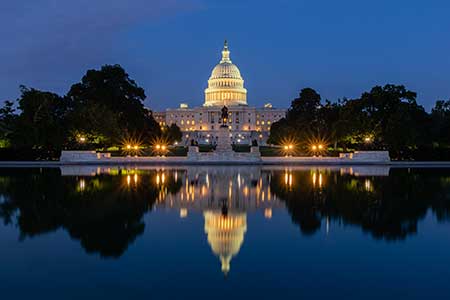Guiding the Way Through A.I. in Arbitration

A CCA Blog*
By Gary L. Benton, F.CollArb
Artificial intelligence (“A.I.”) is the hot topic of the day. A.I. holds the potential to dramatically change our lives – for better or worse – as it rapidly develops and is implemented in new ways.
A.I. is already used by parties, counsel, experts and Arbitrators for tasks ranging from selecting arbitrators, to analyzing documents, to researching the law, to [oh no!] drafting briefs, orders and awards. Sometimes the generated results are painfully wrong, producing so-called hallucinations, such as generated content citing court cases that do not exist. Yet, as data sets, diagnostics and search and monitoring skills advance, A.I. output will improve. Its use will be less readily apparent.
This raises the question of whether and how best to regulate the use of A.I. in arbitration. The Silicon Valley Arbitration and Mediation Center (“SVAMC”), a non-profit educational foundation serving the global technology sector, is providing answers through its development of draft Guidelines on the Use of Artificial Intelligence in Arbitration. https://arbi-city.typeform.com/ai-guidelines. The draft Guidelines, which have been published for public comment, are meant to serve as a set of general principles for arbitral institutions, arbitrators, parties, their representatives, experts and other participants on the use of A.I. in the arbitration process.
The draft Guidelines address (1) the use, limitations and risks of A.I.; (2) safeguarding confidentiality; (3) disclosure and protection of records; (4) the duty of competence or diligence in the use of A.I. by parties and their representatives; (5) respect for the integrity of the proceedings; (6) non-delegation of decision-making responsibilities by Arbitrators; and (7) respect for due process. The draft Guidelines include optional provisions as to disclosure as well as examples of compliant and non-compliant uses of A.I. The draft Guidelines also include a model clause for inclusion in Procedural Orders.
The Taskforce plans to include Commentary from leading arbitral institutions with the final Guidelines. The consultation period for individuals will be concluding shortly and the consultation period for arbitral institutions is scheduled to close in early 2024.
The draft Guidelines raise thought-provoking questions on best practices regarding the use of A.I. in U.S. and international arbitration. It is a topic that the CCA has been and will continue to follow closely.
Gary Benton is a CCA Fellow and the founder and Board Chairman of the Silicon Valley Arbitration and Mediation Center (“SVAMC”). He is a member of the SVAMC A.I. Taskforce.
*We are using the Aardvark moniker to denote our CCA Blog. The Aardvark will provide content from time to time about cases, developments and issues associated with the practice of Arbitration. We hope you will find the blog entries interesting and useful. We encourage you to watch for the Aardvark and its arbitration content that we hope you will enjoy.
